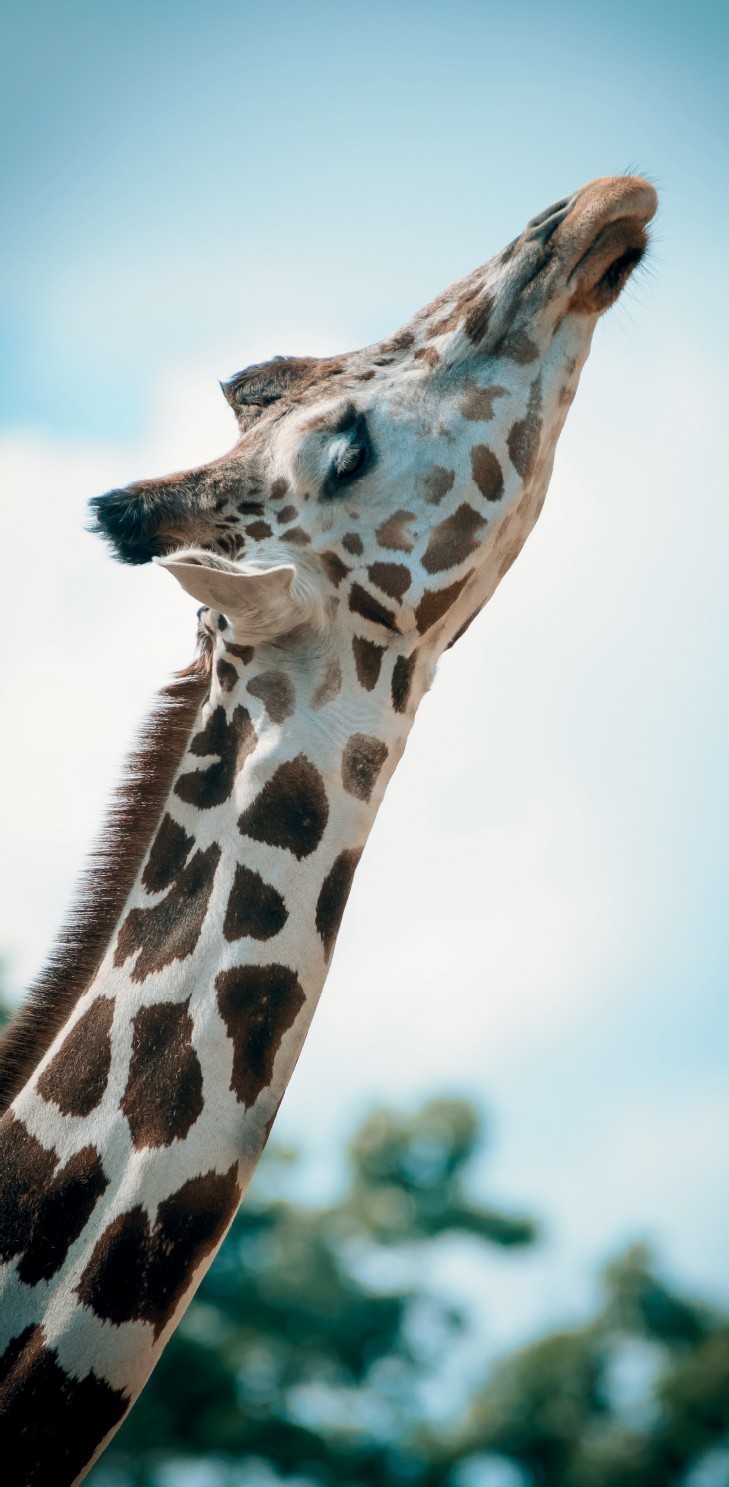
It’s no recent revelation that human beings are responsible for the extinction of wildlife. Since the dawn of civilisation we have contributed, whether directly or indirectly, to loss of species. Colonisation was culpable not just for human bloodshed and injustice, but also a wipe-out of animals in the pursuit of profitable resources. When European colonies invaded indigenous land, they disrupted sustainable practices that had been successful for generations – practices that were respectful of Mother Nature and grateful for all that she provides. In the Netflix documentary, When Two Worlds Collide, Alberto Pizango, president of the National Organisation for Native Amazon Peoples says: “My father always told me that the Earth was borrowed. It’s not given to you to do what you please with. When you borrow something you must care for it even more than its owner. We must hand it to future generations in even better condition.” This, of course, includes all the wild animals that live on that Earth, too.
Indigenous people understand that thinking long-term rather than short-term is integral for human survival. The importance of regeneration is so central to the culture of Indonesian tribes, for example, that a lot of their folk stories are built around it as a moral. In pre-colonial Zimbabwe, it was forbidden to kill endangered animals without permission from the local chief. Then in swooped imperialism, and all it saw was profit and the opportunity for domination. According to livescience.com, 80,000 tigers were slaughtered in India between 1875 and 1925, when the country was under British rule. American bison decreased in population from 30 million to roughly 100 in less than a century, mainly because colonisers slaughtered them as a tactic to target the Native Americans whose livelihood depended on them. Since then the more ‘developed’ world has refused to listen to the sound philosophies of indigenous people and has been responsible for the ever-expanding death of animals, as capitalism, and thus consumerism, has soared. Agriculture and palm oil plantations have decimated massive areas of rainforest. Commercial logging, fossil fuel extraction and biofuel plantations are contracting natural African habitats. Poverty and famine are leading to the spread of human settlements that encroaches on wild land. Political unrest and civil war (human issues that are expected to become more common with climate change) impact animals, like mountain gorillas, too.